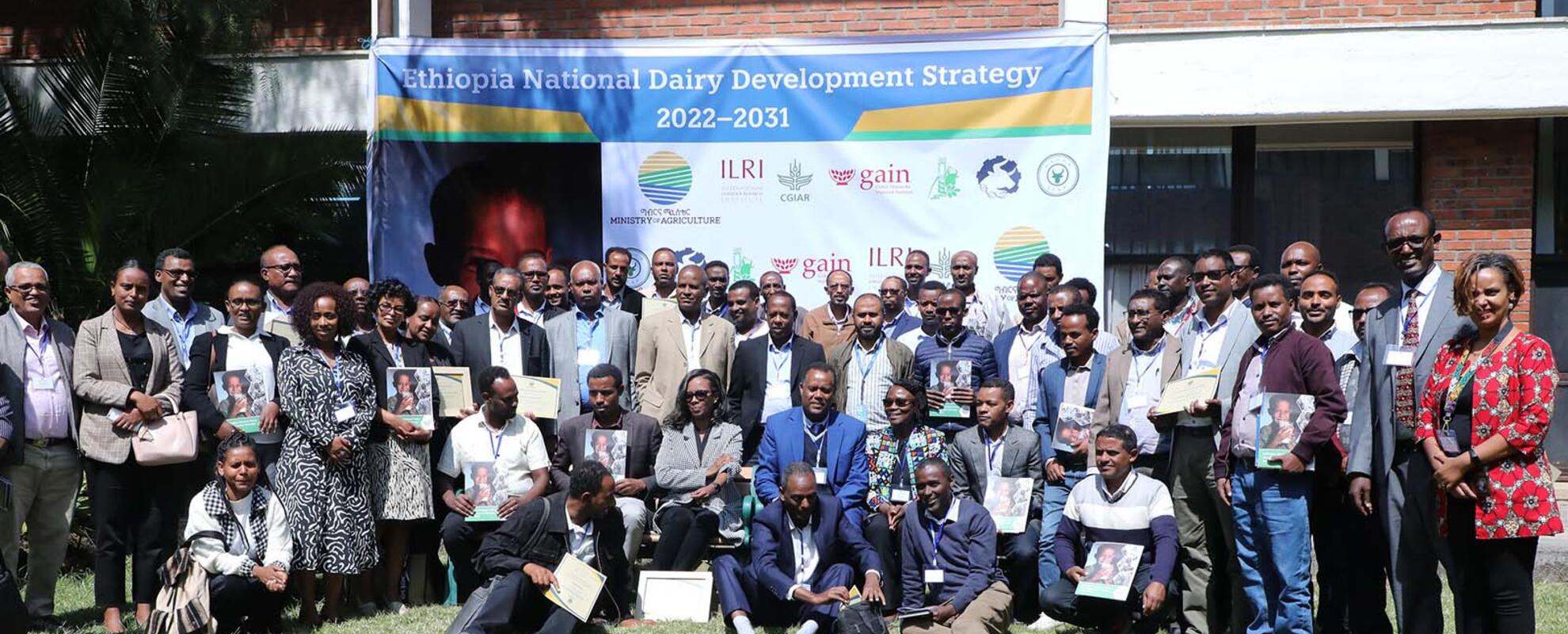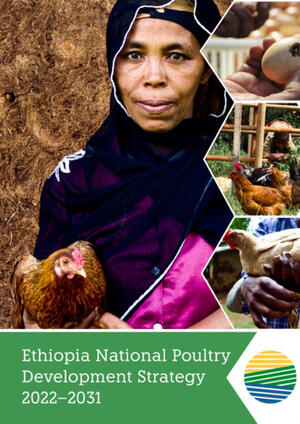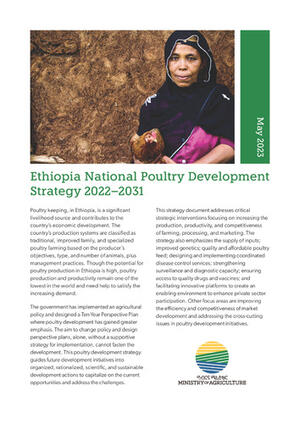

Launch of Ethiopia's Dairy Development Strategy
Background
Ethiopia, with the largest livestock population in Africa, plays a crucial role in the region's agricultural landscape. According to the CSA (2021) livestock sample survey, the country boasts 70.3 million cattle, 42.9 million sheep, 52.5 million goats, and 8.1 million camels. The livestock sector significantly contributes to the agricultural GDP (45%), total national GDP (18.7%), and foreign exchange earnings (16–19%) (Behnke and Metaferia 2011).
Indigenous livestock genetic resources, diverse agro-ecologies, and a growing domestic demand provide opportunities for dairy development in Ethiopia. However, obstacles such as genotype-related constraints, feed resource challenges, inadequate access to services and inputs, and low technology adoption hinder the sector. Systemic issues like an inefficient marketing system, lack of clear policy support, limited access to finance, weak regulatory frameworks, poor rural infrastructure, high post-harvest losses, and weak value addition further constrain dairy development.
Government's Vision
In response to these challenges, the government of Ethiopia aims to quadruple milk production by 2031 through targeted interventions. The ten-year perspective plan prioritizes investments in dairy sector development to address major bottlenecks in genetics, improved technologies, feeding, health, input and output marketing, value addition, product quality, and consumer safety.
Roles and Responsibilities
The strategy document highlights the roles and responsibilities of different actors, including government agencies, research institutions, private sector stakeholders, and development partners. Collaboration among these entities is essential to the successful implementation of the strategy.
Unveiling at the Seminar
The National Dairy Development Strategy will be unveiled at the "Tracking Evidence and Informing Policy" Seminar. This seminar, a collaboration between the Ministry of Agriculture, the International Livestock Research Institute (ILRI), and The Global Alliance for Improved Nutrition (GAIN), aims to foster discussions on evidence-based policies for rebuilding livestock-based livelihoods and empowering women in conflict-affected areas of Ethiopia.
Participants
The seminar will bring together participants from relevant ministries, development partners, and researchers, including departments from the Ministry of Agriculture, Agricultural Transformation Institute, Ministry of Planning and Development, Policy Studies Institute, AAU (CoDS, Gender Study Department), CIP (CGIAR), and ILRI/ICARDA staff. The CGIAR Initiative on Fragility, Conflict, and Migration will be invited for perspectives on post-conflict recovery.
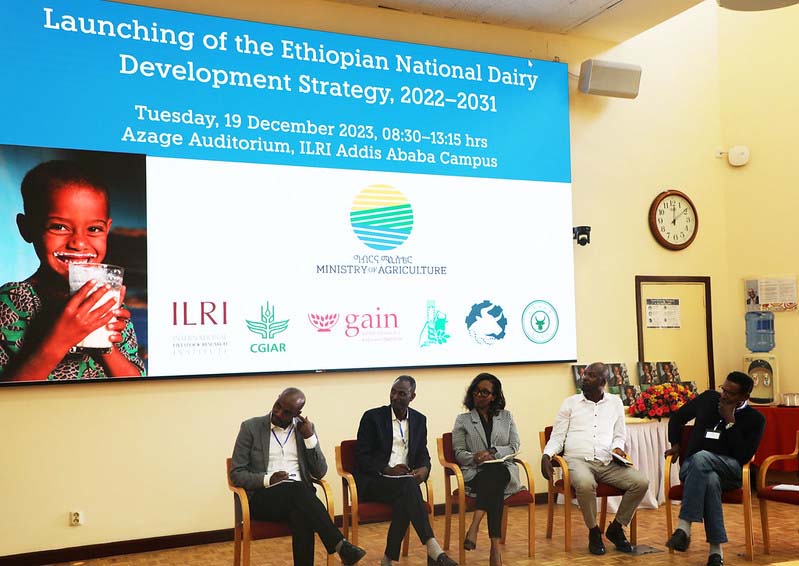
Related publications
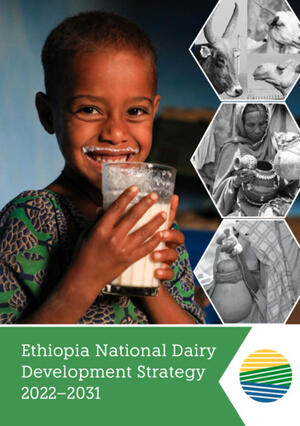
Ethiopia National Dairy Development Strategy 2022–2031
- Leggesse, Getachew
- Gelmesa, U.
- Jembere, T.
- Degefa, T.
- Bediye, S.
- Teka, T.
- Temesgen, D.
- Tesfu, Y.
- Berhe, A.
- Gemeda, L.
- Takele, D.
- Beyene, G.
- Belachew, G.
- Hailu, G.
- Chemeda, S.
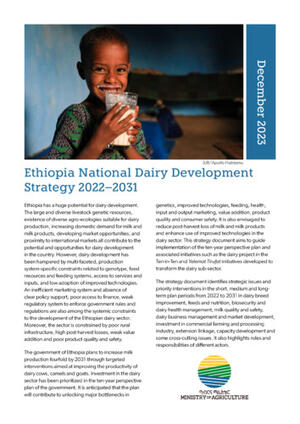
Ethiopia National Dairy Development Strategy 2022–2031 (የኢትዮጵያ ብሔራዊ የወተት ሀብት ልማት እስትራቴጂ 2015–2024)
- Ministry of Agriculture, Ethiopia
In the media
